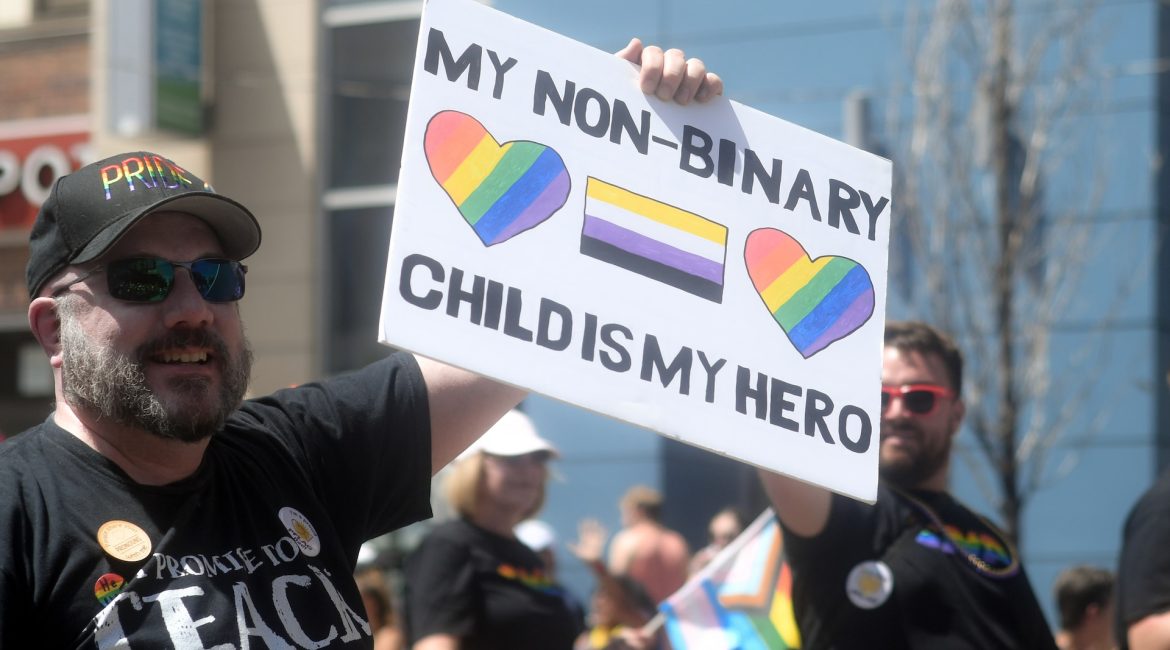Scholastic, the titan of children’s literature, finds itself at the center of a storm. Their recent decision to segregate books addressing LGBTQ themes and race into a distinct collection, “Share Every Story, Celebrate Every Voice,” has sparked significant backlash. This move, described by the company as a means to navigate the complex legal landscape where books are being banned, is not being received as intended.
Unintended Consequences
The intent behind Scholastic’s special collection was to shield educators and librarians from legal repercussions in the face of increasingly stringent state laws. Yet, the solution has drawn criticism for seemingly segregating books on sensitive but crucial topics, rather than integrating them into the general selection offered at their ubiquitous book fairs.
Backlash from the Literary Community
Prominent voices in the literary world have expressed their displeasure. Jacqueline Woodson, acclaimed author, pointedly criticized the decision and encouraged schools to seek alternative sources for diverse literature. The move is seen by some as an unwelcome compromise that could inadvertently contribute to the exclusion of diverse narratives from school libraries.
PEN America Weighs In
PEN America, a staunch defender of free speech, has warned that Scholastic’s strategy, though perhaps well-meaning, risks facilitating censorship. They argue that any compliance with laws that restrict access to literature based on content about race or LGBTQ themes sets a dangerous precedent.
Misconceptions and Clarifications
In response to the uproar, Scholastic has clarified that not all books dealing with diversity are relegated to the optional collection. They maintain that a wide array of diverse titles are still included in the main offerings of their book fairs. The publisher has been at pains to dispel misunderstandings about their policy, emphasizing their commitment to providing a variety of stories that reflect different experiences and backgrounds.
Titles at Stake
Among the titles included in the special collection are critically acclaimed works such as “All Are Welcome” and “Justice Ketanji,” books that celebrate diversity and representation. Authors like Juana Martinez-Neal, whose book “Alma and How She Got Her Name” has been questioned, express bewilderment and concern over the challenges to inclusive literature.

State Responses and Librarian Reactions
Despite the controversy, Scholastic reports that their special collection has been included in book fairs across states, even those with restrictive content laws. Some locales have designated specific times for parents to explore the collection, circumventing direct exposure to children during school hours.
A Record Year for Book Challenges
The American Library Association has highlighted an alarming rise in book banning efforts, with a significant uptick in challenges this year alone. Such an environment underscores the tensions within which Scholastic’s decision is situated.
The Human Aspect
Advocates remind us that book fairs are more than a commercial endeavor; they are a cherished event for students, a celebration of the joy of reading. Organizations like the Human Rights Campaign emphasize the importance of all students, regardless of their identity, feeling safe and represented in the literature available to them.
In this climate of heightened sensitivity to issues of representation and inclusion, Scholastic’s attempt to navigate the troubled waters of book bans and educational laws has certainly made waves. Whether these ripples will subside into a greater understanding or swell into a larger movement against literary segregation remains to be seen.
©loveinclusion.org





